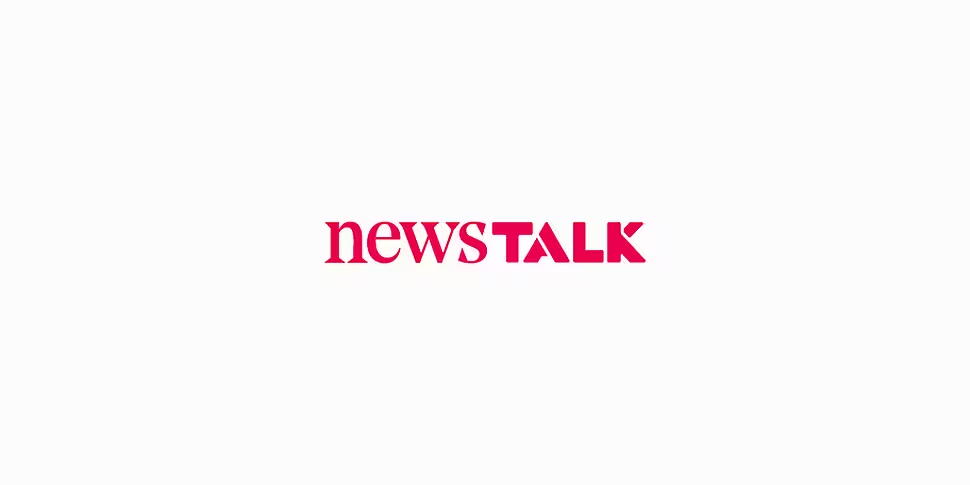The Fiscal Advisory Council is warning that adverse shocks to the economy are "inevitable" in the coming years.
It says three major sources of potential downside risks to Ireland are Brexit, rising protectionism and the international tax environment.
"The size and nature of potential impacts from various Brexit scenarios are highly uncertain.
"Standard models may not fully capture the extent of Ireland and the UK's closely integrated supply-chain networks, and other key channels may be more important than is assumed.
"In terms of the international tax environment, the highly concentrated nature of Irish corporation tax receipts means that substantial reductions in government revenue could arise if even one large firm were to relocate its operations to elsewhere."
It notes that while efforts to stabilise public finances since the crisis have been successful, "improvements on the budgetary front have stalled since 2015."
As part of its pre-budget 2019 statement, it says the Government should stick to its existing budget plans of a budget-day package of €0.8bn.
"This would increase government expenditure (net of tax measures) in line with the sustainable long-term growth rate of the economy", it adds.
It says the cost of previously announced measures means that the scope for new initiatives is limited.
It suggests that any additional spending measures "should be funded by additional tax increases or through re-allocations of existing spending."
Irish economy "close to its potential"
However it also notes that the economy looks set to continue to grow at a rapid pace.
"A number of indicators show that the Irish economy is still growing rapidly.
"Forecasts assume that this pace of expansion in the domestic economy will only gradually moderate and the current outlook for Ireland's main trading partners remains reasonably strong.
"Most plausible estimates suggest that the domestic economy has been growing faster than its potential growth rate since 2014 and is now, in 2018, close to its potential.
"Central forecasts suggest that it will move beyond potential from 2019 onwards, with overheating emerging in later years."
Finally, the report says Ireland's debt burden is still among the highest in the OECD.
"When set against a more appropriate measure of national income like GNI, Ireland's net debt burden for 2017 is equivalent to 96%, the fourth highest in the OECD behind only Portugal, Italy and Japan."









